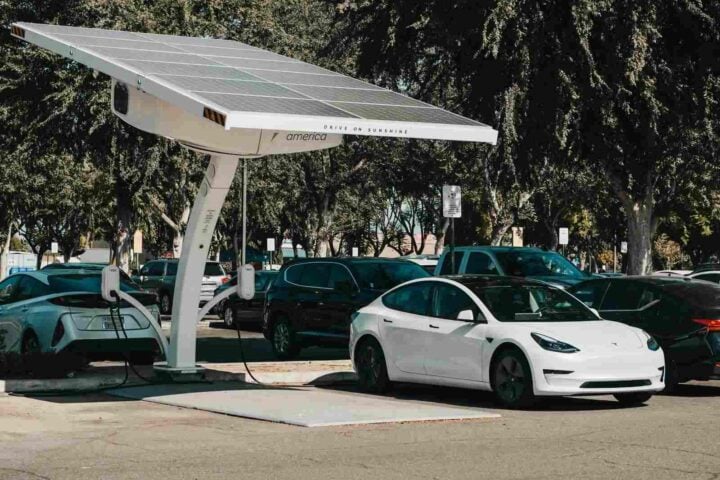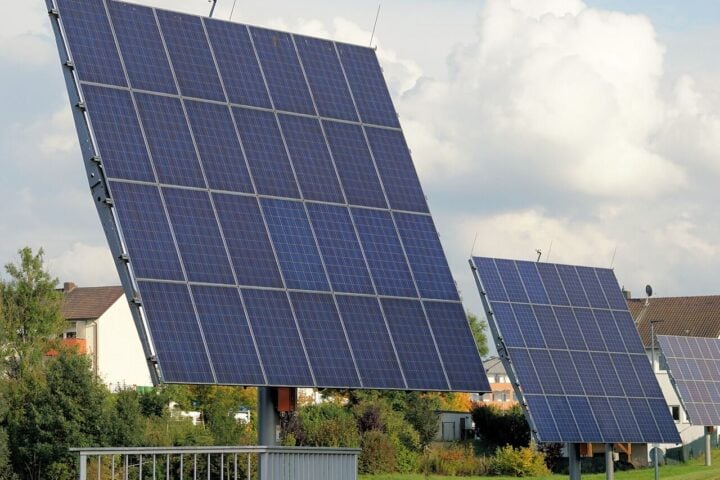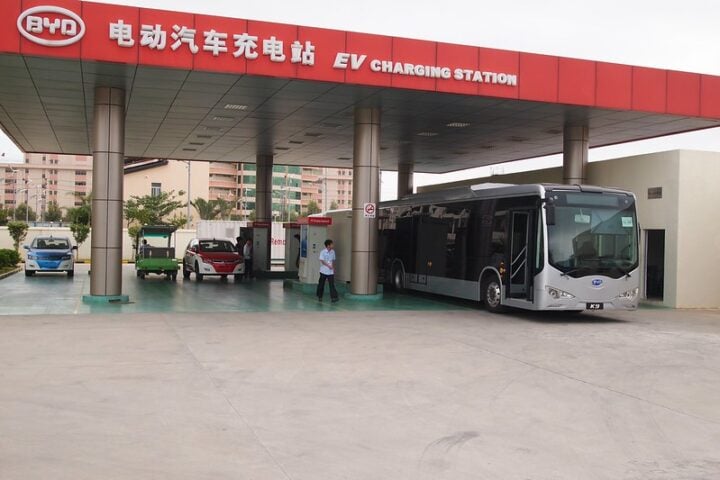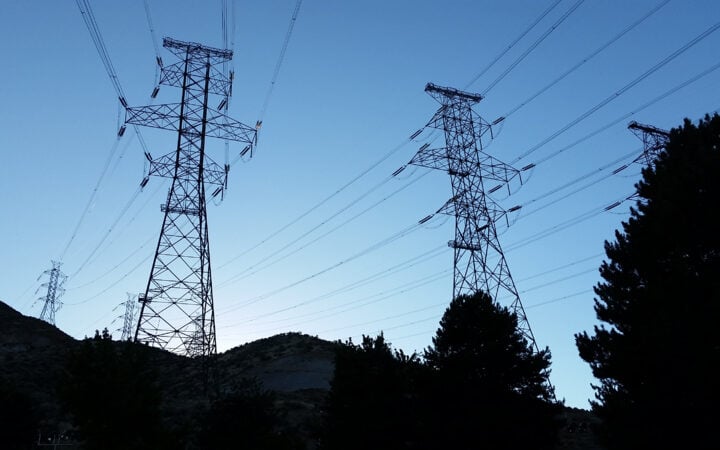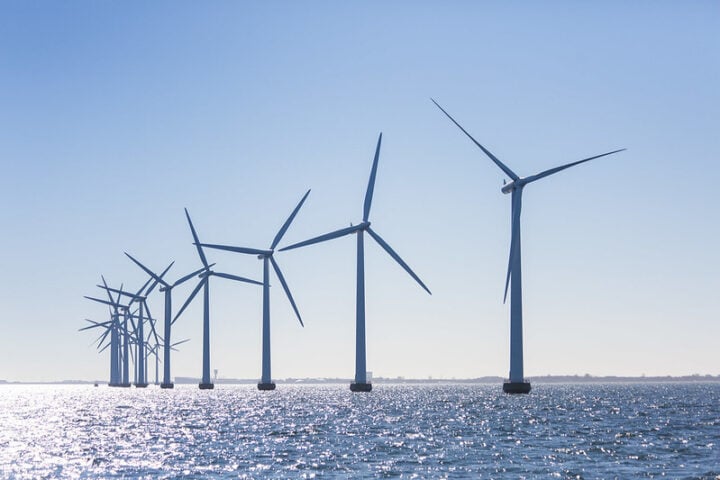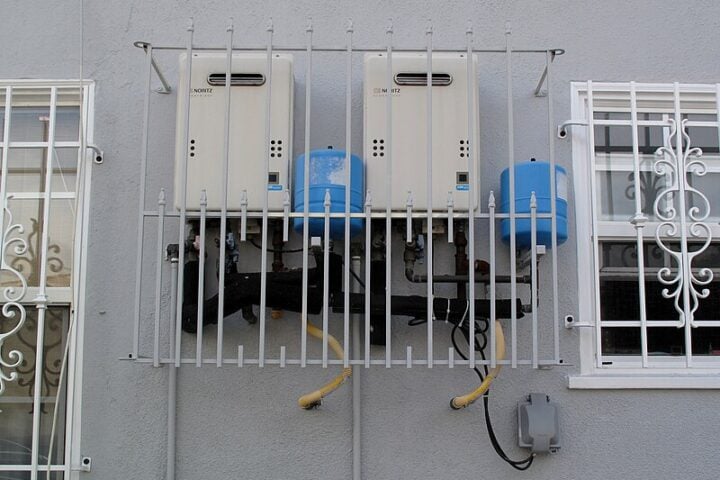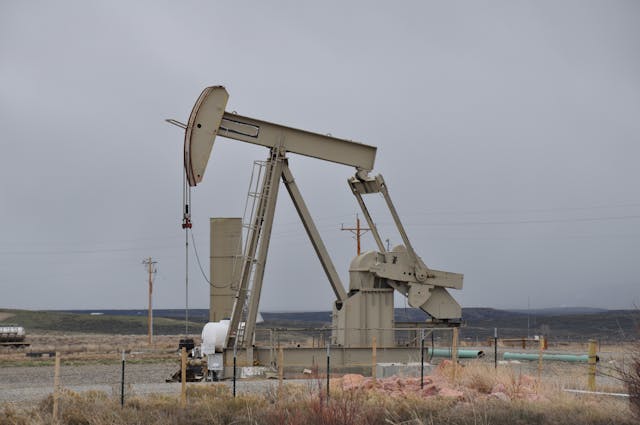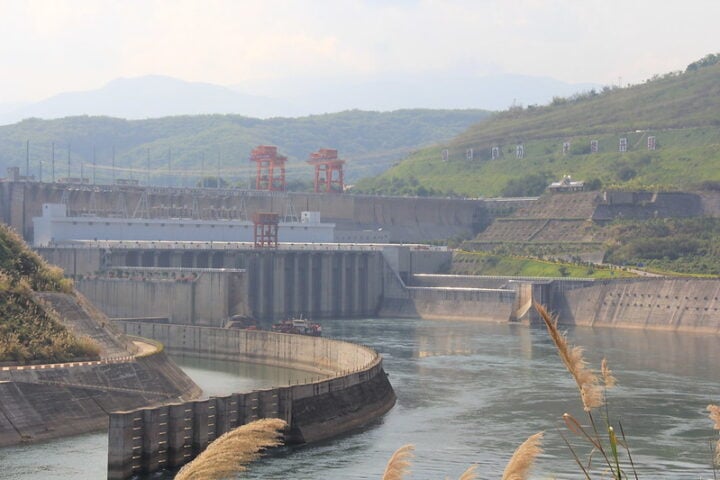NuScale Power Corp., a leader in small nuclear reactor technology, has canceled its Carbon Free Power Project (CFPP) with Utah Associated Municipal Power Systems (UAMPS). This project was significant as NuScale’s design was the first U.S.-approved small modular reactor (SMR).
The project faced financial challenges, with costs rising from $58 to $89 per megawatt-hour, a 53% increase. This surge led to the project’s termination, causing NuScale’s shares to drop by 42%.
NuScale CEO John Hopkins stated, “The customer made it clear we needed to reach 80%, and that was just not achievable,” referring to the required commitment from UAMPS members for the project’s viability. He added, “Once you’re on a dead horse, you dismount quickly. That’s where we are here.”
This cancellation reflects broader issues in nuclear energy, where high costs and public concerns persist. It’s a setback for the industry, especially as the U.S. seeks cleaner energy sources under the Biden administration. The CFPP’s end is reminiscent of past failed energy projects like Solyndra, raising questions about investing in new technologies versus established renewables like solar and wind.
NuScale will continue with our other domestic and international customers to bring our American SMR technology to market and grow the U.S. nuclear manufacturing base, creating jobs across the U.S.
John Hopkins, NuScale President and Chief Executive Officer
Similar Posts
Despite this, interest in SMR technology remains. NuScale plans to continue developing its technology and is working on an upgraded 77-megawatt reactor design. The company aims to use its experience and progress from the CFPP for future projects.
The Nuclear Energy Institute remains hopeful about SMRs, citing global clean energy demands. However, critics argue that funds could be better spent on proven renewable energy sources.
This decision is very disappointing given the years of pioneering hard work put into the CFPP by UAMPS, CFPP LLC, NuScale, U.S. Department of Energy, and the UAMPS member communities that took the leadership role to launch the CFPP.
Mason Baker, UAMPS Chief Executive Officer and General Manager
NuScale’s CFPP cancellation marks a significant moment in nuclear energy development, highlighting the challenges of pioneering new technologies in this sector. While it’s a short-term setback, it offers lessons for future nuclear energy projects and the ongoing quest for sustainable power solutions.



